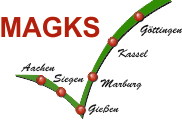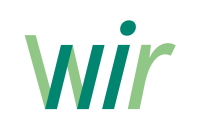The International Economic System [3HEFEK150V]
Aim and Purpose | The purpose of this course is threefold: First, it provides an introduction to global economic history since the end of the Second World War. This will obviously be very selective but provide you with the background to explore particular regions, countries and issues in more detail. Second, it is an introduction to the formal rules and organizations that have been implemented on a global level to regulate international economic relations between countries. Third, you should learn how to prepare economic analyses of selected economic episodes, countries and institutions. This should help you to prepare for seminar theses and ultimately your Master thesis. There will be a couple of shorter written pieces and presentations and a traditional seminar at the end of the semester. |
| Literature | Three major texts will be used that are available in the library (some can be downloaded) but which you might also consider buying:
Additional background readings:
|
| Requirements | The course compromises participation in class, assignments to work on topics in groups or individually, and presentation of a longer paper at the end of the semester. All assignments will be graded. More specifically, there are two summaries of research papers (10%), a literature review (10%), a policy paper (20%), and a seminar paper (50%). In addition, there are a shorter and a longer presentation (10%). There will be a feedback discussion after each assignment. There will also be an introductory meeting on how to write scientifically (Tuesday, 20th April).
Active participation and regular attendance are expected.
Each student should familiarize herself or himself with the Rules Concerning Research Modules before participating. The rules can be found on the website of the examination office in the paragraph about the research modules [click here].
|
| Preliminary Outline |
I. Introduction
II. Rules and Institutions
III. The Global Economy Since 1945 1. Background
2. The Post-War Order
3. System Competition: 3 Worlds
4. Years of Crisis
5. "The End of History" and the New Globalization
IV. Current Issues and Open Questions
[Subject to changes and extensions; updates will be made available via UNISONO] |


